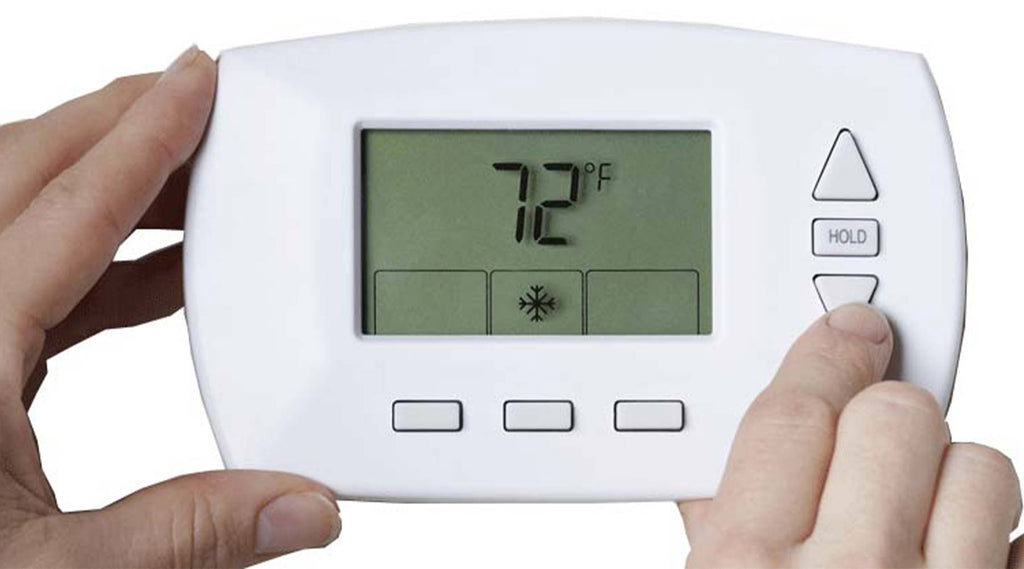
Are you too warm? Too cold? Do you feel better when the temperature is just right?
For most people, when the temperature is too warm or too cold, their mood is affected. An ongoing study shows that for people with dementia, the effect can be significant. Frederico Tartarini, a PhD student in Australia is in the middle of studying the effects and, while his final results will be released in his PhD dissertation next year, he has released some preliminary findings. He has found "a clear pattern" of increased agitation in people with dementia when the temperatures in their living environment are either too warm or too cold.
For the past year, Tartarini has been tracking temperature and other environmental conditions at six facilities. He asks the residents about their perception of temperature (and other variables) while nurses assess the behavior of the residents and track their level of agitation in dementia. Tartarini says "What I found was that when residents were exposed to very high or very low average temperatures inside the facility [ranging from a low of 20C (68F) and a high of 26C (79F)], levels of agitation suddenly increased compared to when they were exposed to average comfort temperatures of 22C to 23C (72F to 73F) degrees."
When his study is complete next year, Tartarini expects to find that "the difference between a dementia patient who is agitated in temperatures of about 20 degrees as to when they are in the comfort zone is roughly equivalent to the effects of taking medication to calm them. So, by controlling temperatures properly you may be able to reduce the amount of medication necessary."
It seems easy enough, but here's the catch. The care staff in the facility have an active job with lots of movement and exercise. Because of that, they prefer the temperatures to be cooler and they control the thermostat. While this may make the staff more comfortable, the downside of the cooler temperatures is that it makes the residents uncomfortable and because they likely cannot communicate their discomfort they respond to the environment by becoming "agitated". We need to break this cycle with agitation and dementia.
Once the results of his work are finalized, Tartarini hopes to be able to show staff that while warmer temperatures may make them a little bit more uncomfortable, it will reduce agitation among the residents. As Tartarini says "That’s a good thing not only for the residents but also for the workload of staff."




